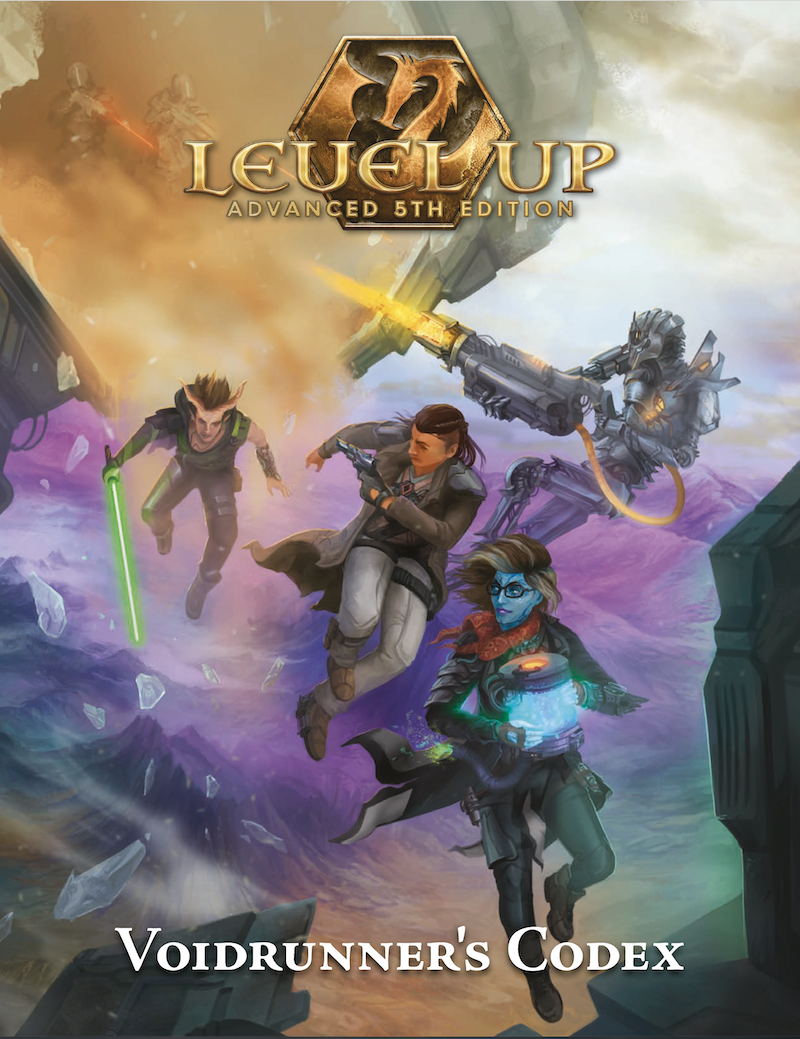All of which raises the question: why have other languages in the game at all?Common is an issue. There are a few others.
1) Race is being used as a proxy for culture (Thank you, Umbran) which supports some pretty racist assumptions.
2) New Races and thus new unique languages are added, CONSTANTLY. Practically with every release.
3) Languages thus are diluted to relative uselessness because Elves don't get Common, Elven, +1 language to choose the racial language of another party member. So everyone -has- to default to Common for every conversation to ever happen.
4) Every race speaks Common and their own language. Or just common if they're human, meaning little overlap.
5) Common is a simplistic trade language which isn't supposed to be nuanced or able to handle complex ideas like politics or magic, but it's also the de facto "Human" language.
All of which culminates in the 6th issue...
6) We now have to invent ridiculous explanations for why every elf everywhere ever speaks exactly the same form of Elven regardless of any social differences across time or space. All elf slang is exactly the same in all worlds and is utterly unchanged from the moment Elven was first spoken, and the language is perfectly preserved... And so is Orcish and Goblin and Tabaxi and...
Languages in D&D exist to create an obstacle. They are riddles, they are defacto locks from understanding and using spells or magic items, they are impediments to gaining information.
Are they necessary from a game perspective outside of this?
I kind of think the answer is no.




